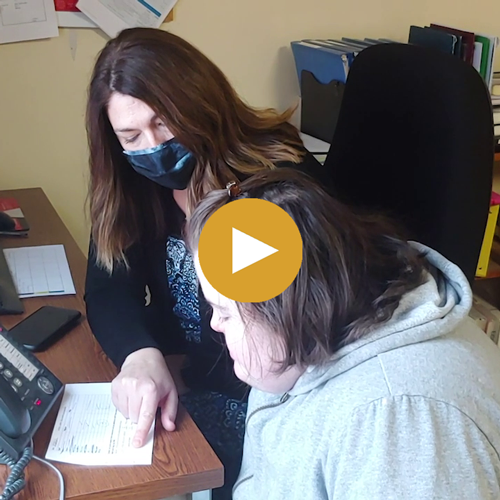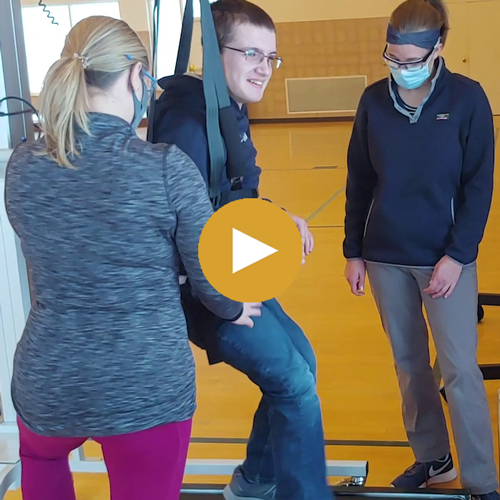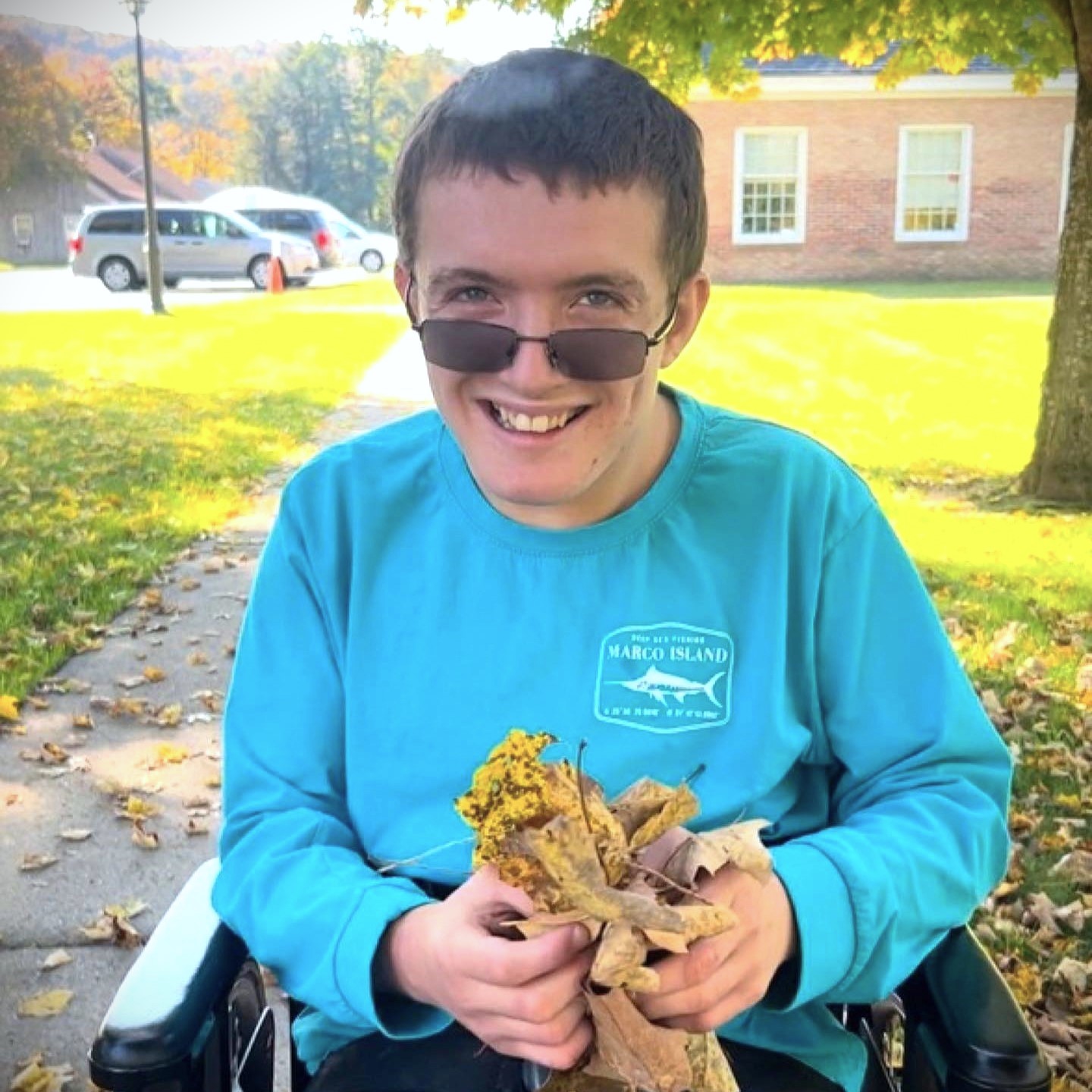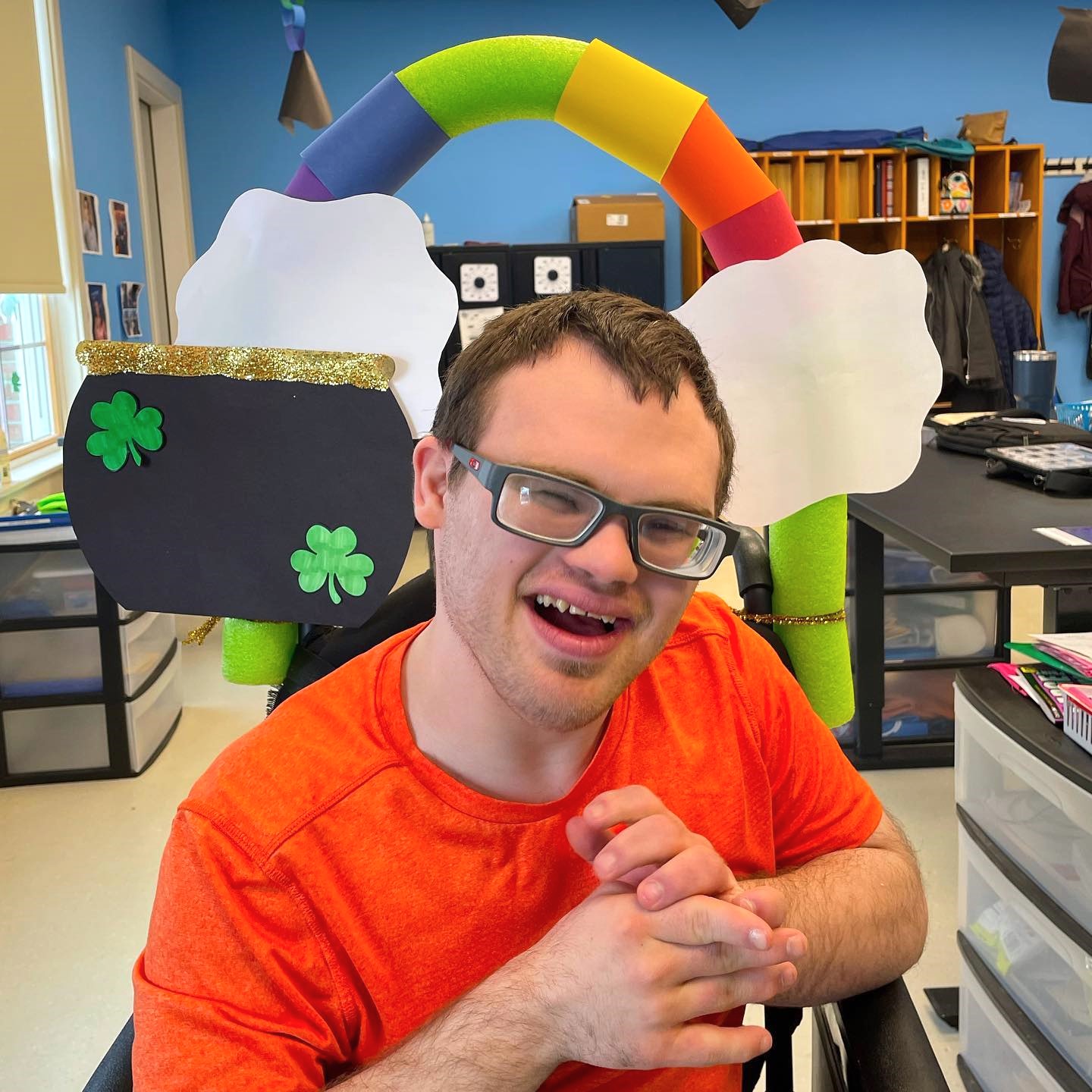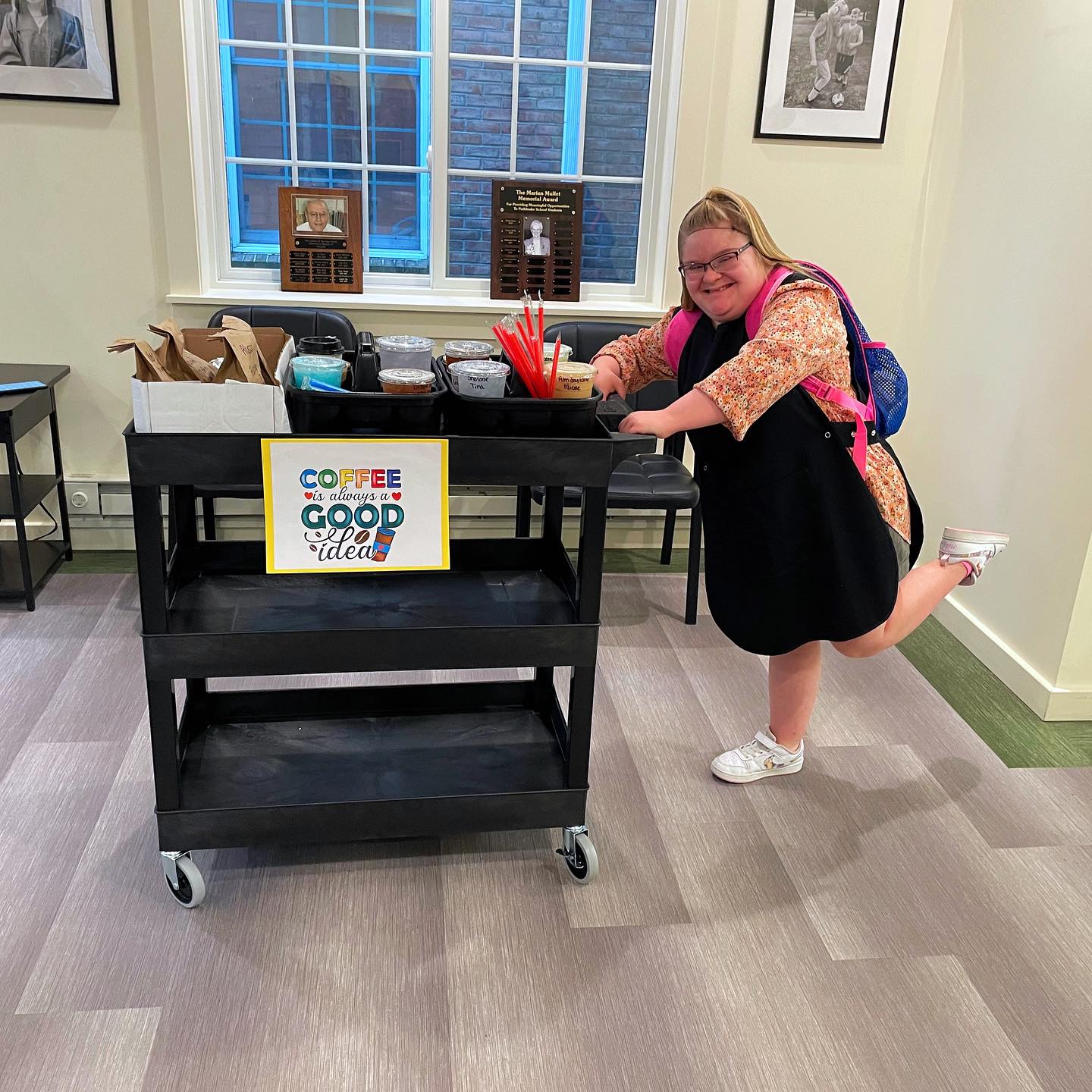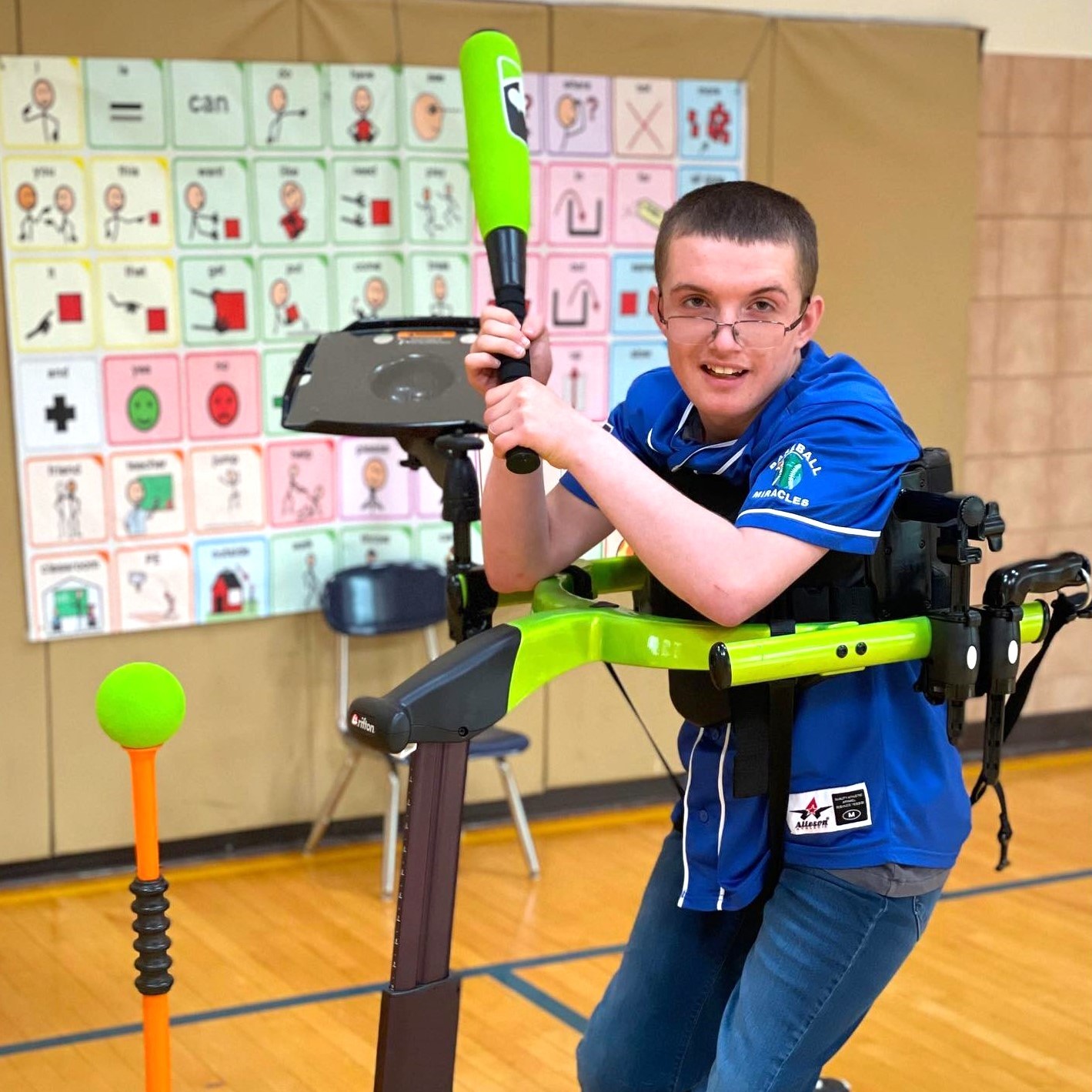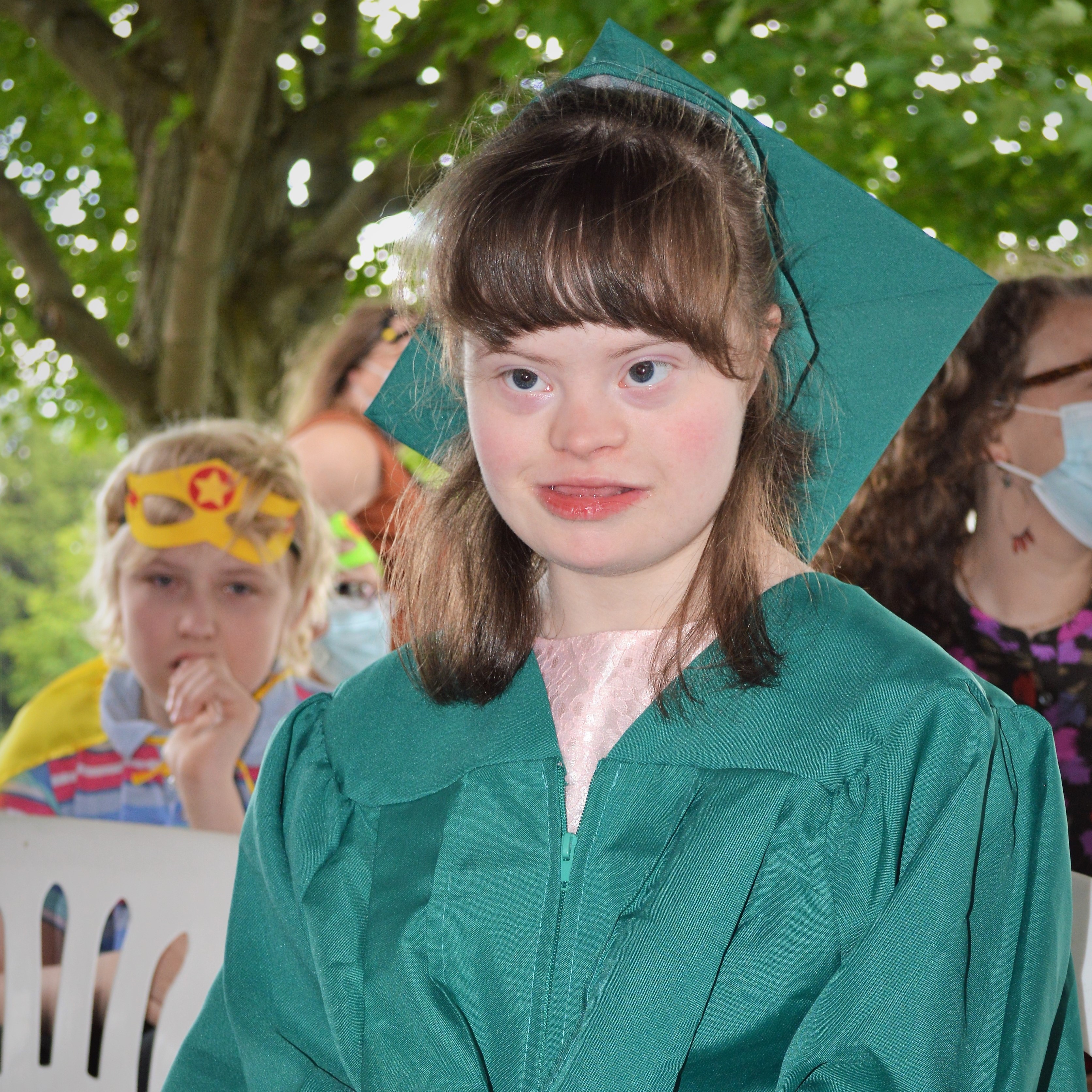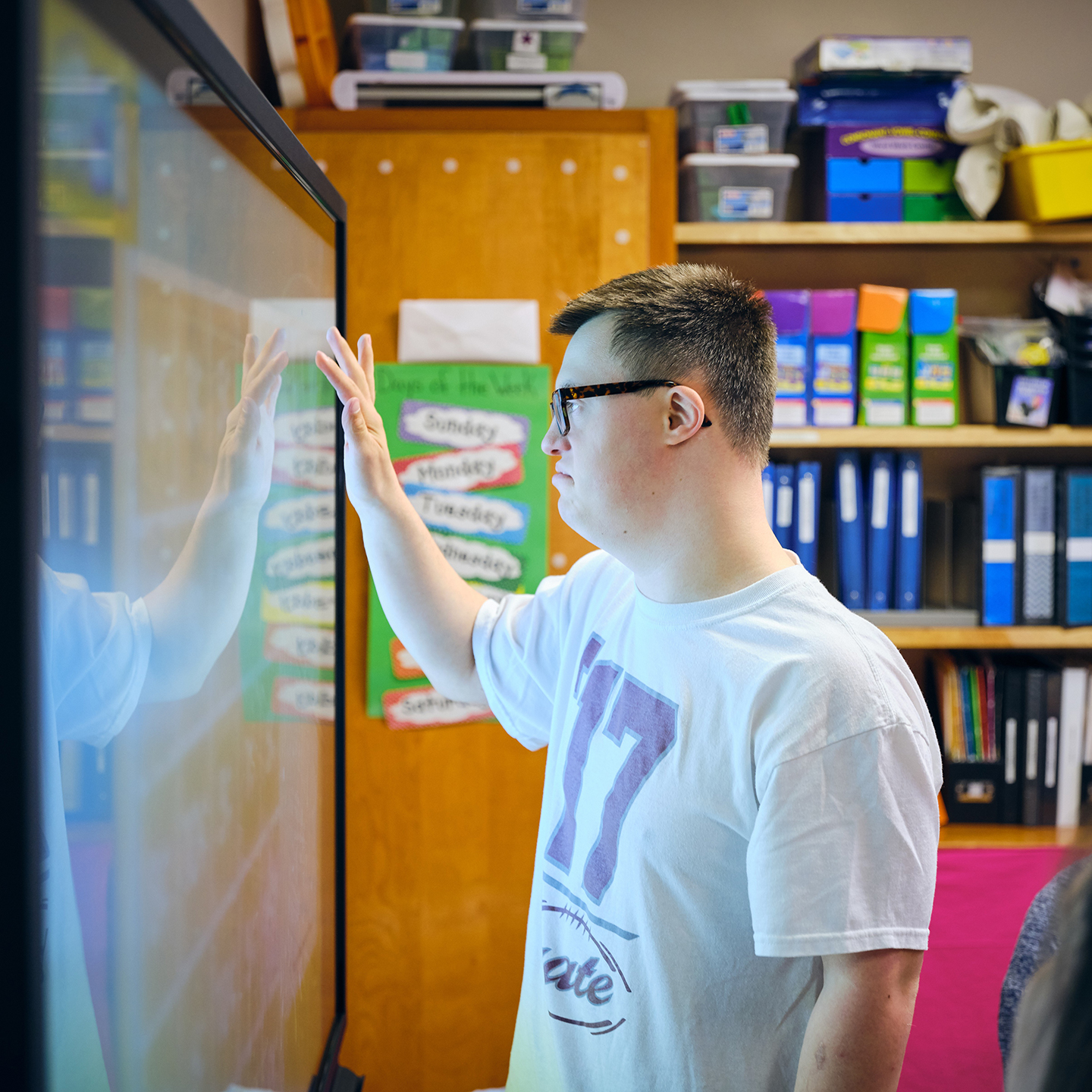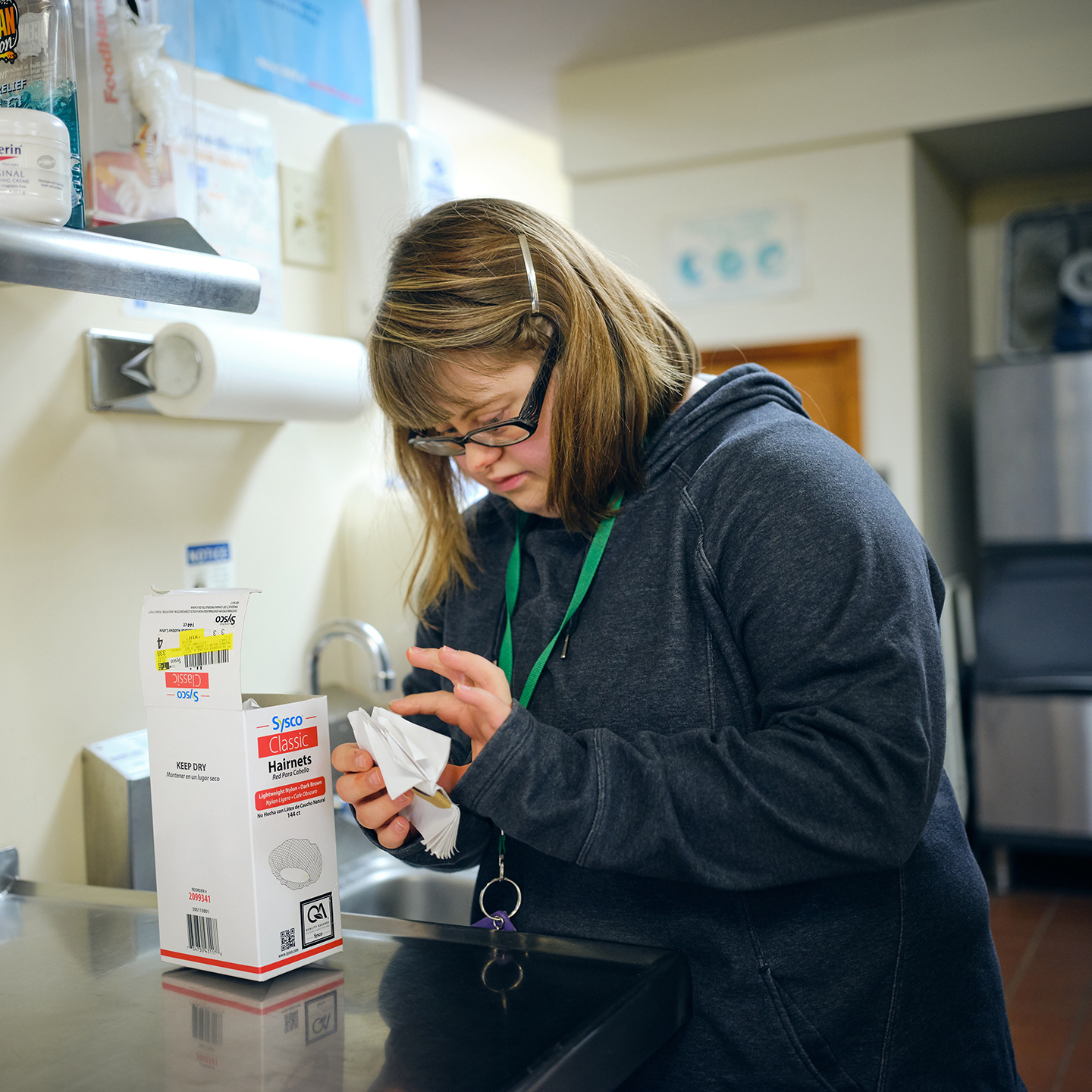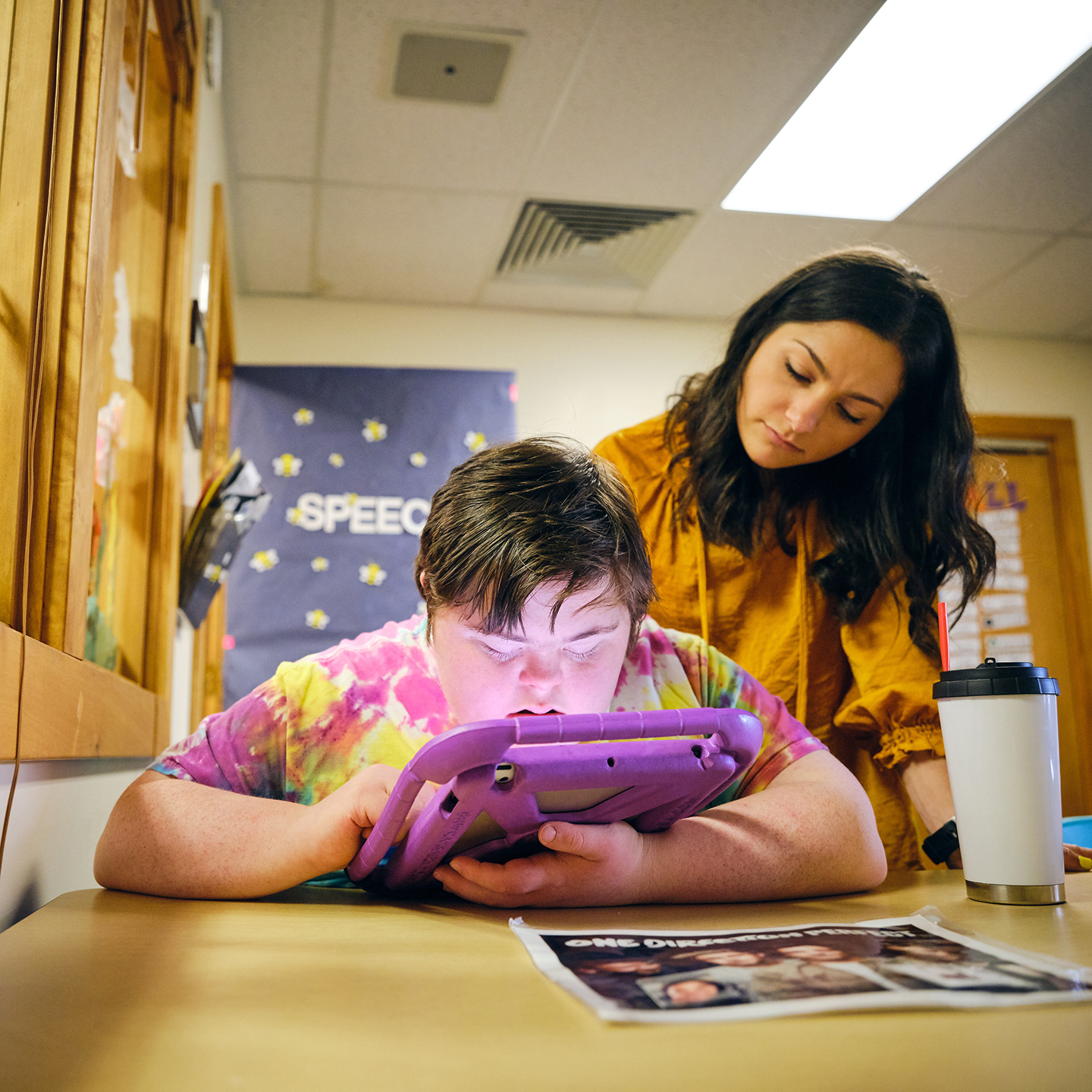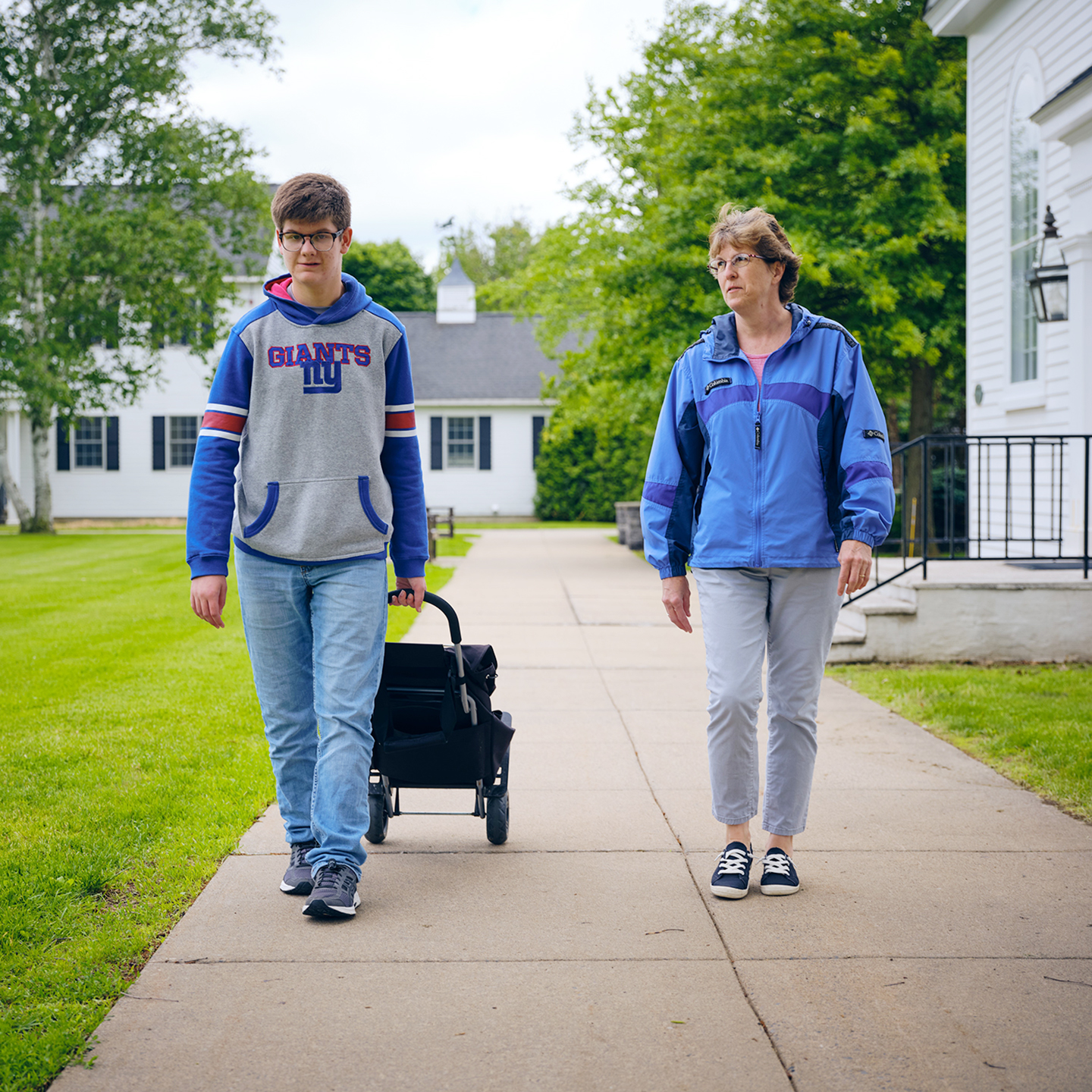A Supportive Community for Students with Down Syndrome & Other Developmental Disabilities
Pathfinder provides a nurturing environment where students gain valuable life skills such as meal preparation and daily living experiences. Students flourish academically and socially, embracing opportunities for growth inside and outside our campus. We have a supportive community that embraces a love of learning, preparing students for adulthood and a more independent future.
Prepare for Life Beyond the Classroom
At Pathfinder School students ages 16 to 21 prepare for the transition to adult life through a coordinated set of activities outlined in the Individualized Education Program (IEP).
In the residential setting students receive 24/7 supervision, instruction, and individualized support leading to success in the home, the school, and the community. Consistent expectations and routines provide a sense of predictability and decrease stress so students can participate in and contribute to daily activities. In our setting students have time to explore and discover greater independence with household tasks like meal preparation and laundry. Students join extracurricular activities such as music, art, and sports both at Pathfinder Village and in the community.
In the classroom students improve functional academics—maintaining or improving reading skills, math skills, and problem-solving skills; independent living skills—fading the amount of staff support needed to complete activities of daily living such as personal hygiene, cooking, and nutrition, communication, and personal/household management; and vocational training—building the pre-requisite skills needed for future employment and volunteer opportunities.
Click to read our The Time is Now! planning guide.
Preparation for life after graduation begins well before age 21. Beginning the year a student turns 15, our Transition Coordinator completes a variety of formal and informal assessments to determine a student’s strengths, areas of need, and to gain a sense of what a student wants to do after exiting school—including where they want to live, if they want to continue their education, and what kind of work they would like to pursue.
We recognize that independent living and gainful employment may not be the desired path for every student, and our Transition Coordinator works with students and families to help them better understand housing and program options available through adult services.
Transition Planning
Our Transition Coordinator facilitates the development and implementation of the Transition Plan on the IEP—including measurable post-secondary goals, identifying the Coordinated Set of Activities, which outline the direct instruction that will occur in the school setting to achieve these goals, and identifying a student’s transition needs—the skills that they need to continue to develop in order to successfully transition from school-age to adult services. Plans are developed individually and are designed to capture each student’s strengths and abilities, support needs, and valued outcomes.
Vocational training and community-based learning programs: Driven by abilities and goals, students participate in both on and off-campus volunteer and internship opportunities where they cultivate employment skills, including things like time management, communication, following directions, stamina, and personal hygiene. Students also get to practice community navigation skills, travel safety, and life skills such as budgeting, shopping, and ordering independently from a menu when participating in community-based learning. In addition to these programs, our Transition Coordinator collaborates with our therapeutic and clinical staff to offer a Health and Wellness class, where students learn about nutrition, hygiene, and maintaining healthy relationships with friends and family.

